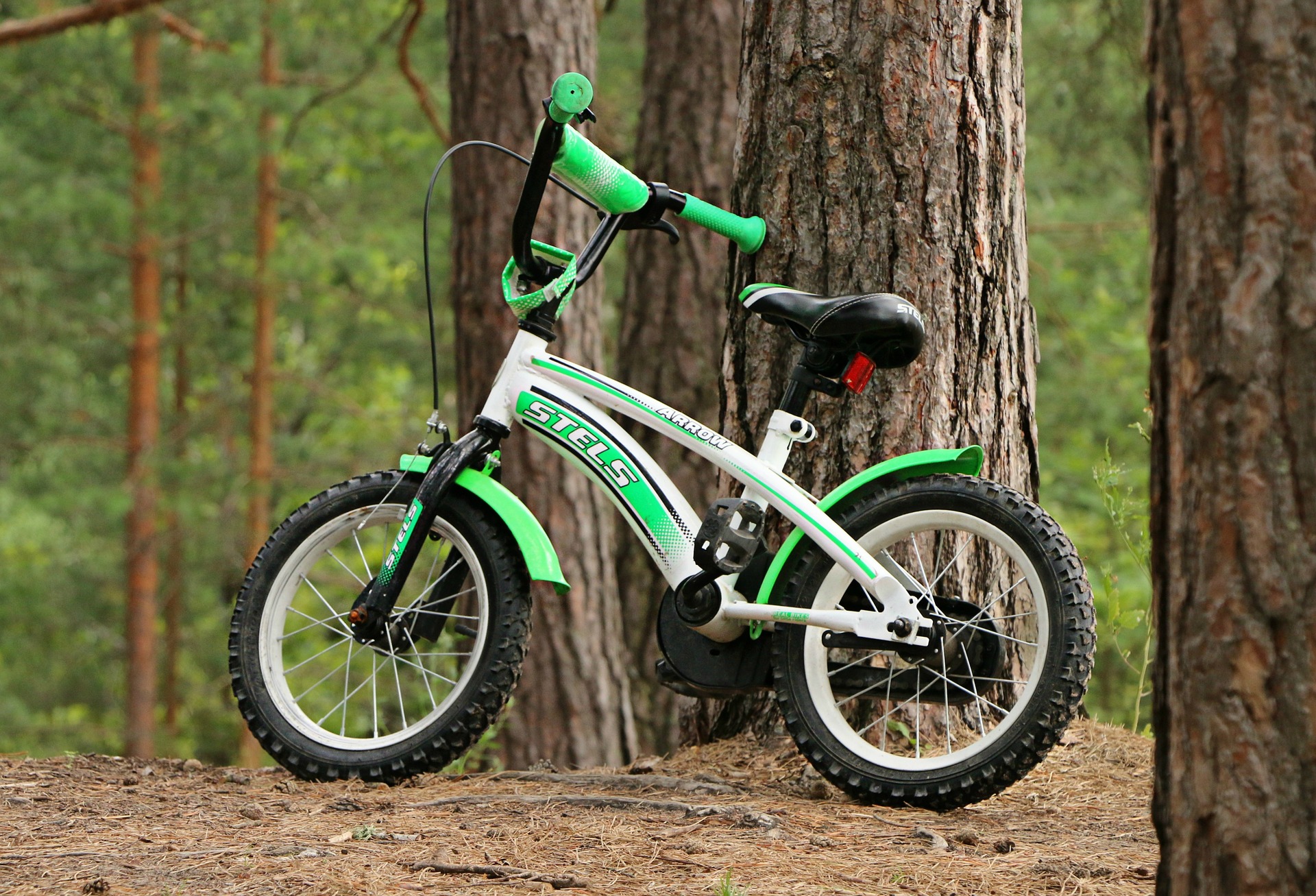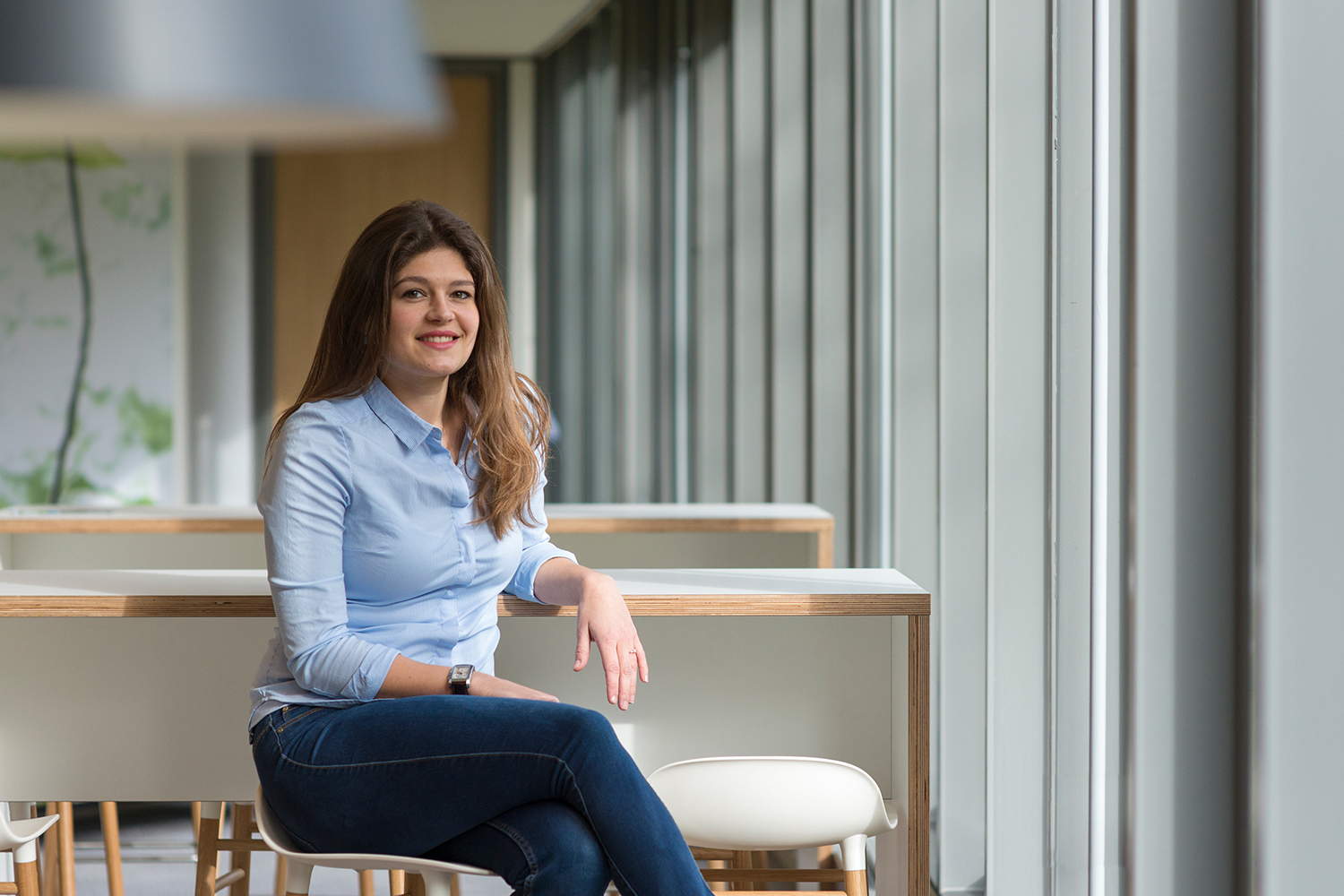Facilitate healthy, sustainable behaviour

My goal
Take the bike more often, buy less meat, or maybe start a vegetable garden together. Behavioural change helps us contribute to sustainability and improve our own health. However, it’s important for governments not to forget the third goal: reducing inequality. The European research programme INHERIT shows how it can be achieved. “Trying to encourage people to cycle more? Then start with the groups who cycle least,” says RIVM researcher Nina van der Vliet.
The ‘Fietsen op Zuid’ project helps residents of Rotterdam South find all kinds of ways to get on their bikes. Local planners organised bike repair weeks and cycling groups for women, children could take cycling lessons, and the municipal authorities built bicycle parking facilities that also serve coffee. The project is supported by multiple groups, including Rotterdam-based research institute Drift and the Dutch Cycling Federation. Its efforts contribute to multiple Sustainable Development Goals, including reducing inequality, promoting good health, facilitating sustainable cities and communities, and encouraging responsible consumption and production.
“Where do you come across overarching principles and conditions for success”
“We analyse these types of projects,” said Nina van der Vliet, who contributes to the EU programme known as INHERIT, along with four of her colleagues at RIVM. “Where do you come across overarching principles in the projects? And what are the conditions for success?” That’s why RIVM is evaluating two Dutch projects in particular: the Food Garden in Rotterdam and an initiative to redesign green spaces in low-income areas of Breda and Rotterdam. The 19 EU partners are also launching new projects in places such as Macedonia and Riga.
Sustainable and healthy
The researchers want to learn from the 90 projects that are now in the database of this HORIZON programme (2016-2020). Many of these projects focus on mobility, such as ‘Fietsen op Zuid’, but some also work with citizens to design city parks, make homes more energy efficient, or encourage healthier, more sustainable diets. One example is Ghent En Garde, where a range of different parties are pushing for local, delicious, affordable, sustainably produced food in the city. Another example is the Dutch company Questionmark, which develops apps that provide information on the health and sustainability of food products.
Bicycle lessons
RIVM has developed a theoretical model that offers a deeper understanding of the interactions between behaviour and lifestyle, health, sustainability and equality, making it easier to identify successful projects. The model is already being used as a digital discussion method for policy makers and project designers, amongst other applications. “Start by figuring out why people don’t exhibit the desired behaviour,” said Van der Vliet, explaining the decision-making model. For instance, why do so many local residents use cars? In Rotterdam Zuid, it turned out that one of the reasons was that bikes weren’t seen as ‘trendy’ in certain neighbourhoods. The project leaders responded by offering cycling lessons for children on popular BMX bikes. “Children take bicycles to school more often now, and are less likely to be brought by car. Better for the environment, and better for their health.”Research shows that education often simply isn’t enough; many people tend to value price and convenience over health and sustainability. That means the desired behavioural change has to be made easy in a plethora of ways. That could mean building sidewalks and cycle paths, but also handing out vouchers for discount vegetables at local supermarkets. Larger companies can play a role here, too, says Van der Vliet. “Philips is working on an INHERIT pilot in Greece. The goal is to use e-coaching to help everyone, including lower-income families, to get more exercise.”
More information: www.fietsenopzuid.nl
Article Food Garden Rotterdam fights back against social exclusion
